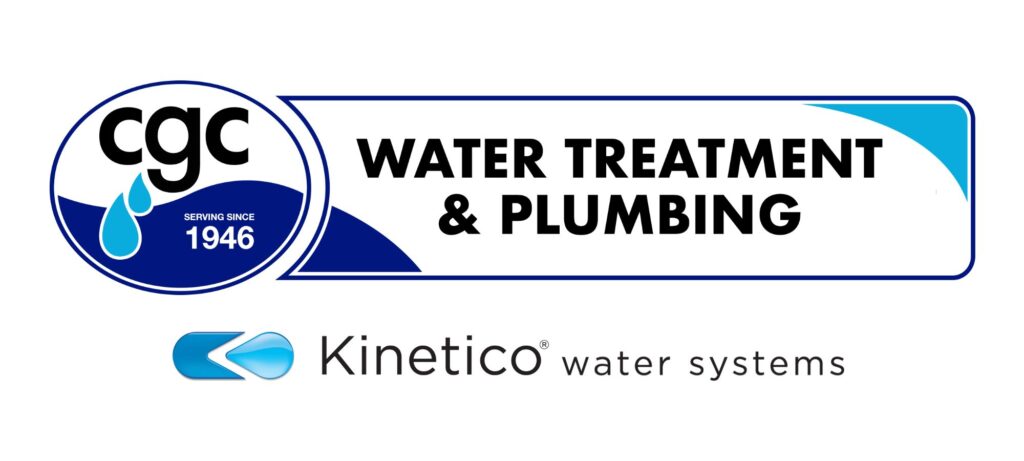The plumbing system in your home is a vital part responsible for delivering clean water and efficiently disposing of wastewater. While some minor plumbing issues can be tackled with DIY solutions, there are certain signs that indicate a more serious problem requiring the expertise of a professional plumber. Ignoring these signs can lead to costly damage and inconvenience down the line.
Let’s explore the red flags that indicate you need to call a plumber and why it’s essential to address plumbing problems promptly.
1. Low Water Pressure
If you notice a sudden decrease in water pressure throughout your home, it could indicate a blockage or leak in your plumbing system. Low water pressure can be caused by various factors, including mineral buildup in pipes, pipe corrosion, or a faulty pressure regulator. Attempting to diagnose and fix the issue yourself may exacerbate the problem, so it’s best to call a plumber to identify the underlying cause and implement the appropriate solution.
2. Slow Draining or Clogged Fixtures
Slow draining sinks, showers, or toilets are often signs of a clog in your plumbing system. While minor clogs can sometimes be cleared using a plunger or drain snake, persistent or recurring clogs may indicate a more serious issue, such as a blocked sewer line or tree root intrusion. A professional plumber can conduct a thorough inspection to determine the source of the clog and implement the most effective solution to restore proper drainage.
3. Leaking Pipes or Fixtures
Leaking pipes or fixtures should never be ignored, as they can lead to water damage, mold growth, and structural issues if left untreated. Common signs of a leak include water stains on walls or ceilings, dripping faucets, and puddles of water around fixtures or appliances. Attempting to repair a leak yourself without the necessary expertise can result in further damage and potentially exacerbate the problem. A plumber can quickly identify the source of the leak and implement the appropriate repair to prevent further damage to your home.
4. Persistent Toilet Problems
If your toilet is constantly running, frequently clogging, or leaking water onto the floor, it’s time to call a plumber. These issues can be caused by a faulty flapper valve, a clogged trap, or a malfunctioning fill valve. While some toilet repairs can be DIY-friendly, complex issues may require the expertise of a plumber to diagnose and fix properly. Ignoring toilet problems can result in wasted water, higher utility bills, and potential water damage to your home.
5. Unpleasant Odors
Foul odors emanating from drains or fixtures are often indicative of a sewage backup or other plumbing issue. Sewer gas has a distinct, unpleasant odor that can be harmful to your health if inhaled. If you notice foul smells coming from your drains or notice sewage backup in your home, it’s crucial to call a plumber immediately. Sewer backups pose significant health risks and require prompt attention to prevent further contamination and damage to your property.
6. Water Heater Issues
Issues with your water heater, such as inconsistent water temperature, strange noises, or visible signs of corrosion, should be addressed promptly to prevent a complete breakdown. Water heater problems can be caused by sediment buildup, faulty heating elements, or a malfunctioning thermostat. Attempting to troubleshoot or repair a water heater yourself can be dangerous due to the risk of scalding or gas leaks. A plumber can diagnose the issue and recommend the appropriate repair or replacement to ensure reliable hot water for your home.
7. Frozen Pipes
In colder climates, frozen pipes are a common plumbing issue that can lead to burst pipes and extensive water damage if not addressed promptly. Signs of frozen pipes include reduced water flow, frost on exposed pipes, and strange noises coming from the plumbing system. If you believe your pipes are frozen, it’s crucial to take swift action to safely thaw them and avoid pipe bursts. A plumber can provide guidance on thawing frozen pipes and implement preventative measures to protect your plumbing system from future freezing.
8. Water Discoloration
If you notice discolored or foul-smelling water coming from your faucets, it could indicate a problem with your plumbing system. Water discoloration can be caused by various factors, including rust buildup in pipes, corrosion, or contamination from external sources. Discolored water may be a sign of a serious plumbing issue that requires immediate attention from a professional plumber. Ignoring water discoloration can pose health risks and may indicate a larger problem with your plumbing system.
9. Signs of Water Damage
Visible signs of water damage, such as water stains, peeling paint, or sagging ceilings, should never be ignored. Water damage can result from leaking pipes, roof leaks, or plumbing fixtures that have failed. Addressing water damage promptly is crucial to prevent mold growth, structural damage, and costly repairs. A plumber can identify the source of the water damage and implement the necessary repairs to restore the integrity of your plumbing system and prevent future issues.
Recognizing the signs that indicate you need to call a plumber is essential for maintaining the integrity of your plumbing system and preventing costly damage to your home. From low water pressure to water discoloration, ignoring plumbing problems can lead to more significant issues down the line. At CGC Water, we understand the importance of addressing plumbing issues promptly to ensure the continued functionality and safety of your plumbing system.
Whether you’re dealing with low water pressure, persistent leaks, or water discoloration, our team of expert plumbers in Jacksonville, FL, is here to help. By acting promptly and seeking the expertise of a professional plumber, you can address plumbing issues effectively and ensure the continued functionality and safety of your home’s plumbing system. Don’t hesitate to call a plumber at the first sign of trouble – it could save you time, money, and frustration in the long run.




